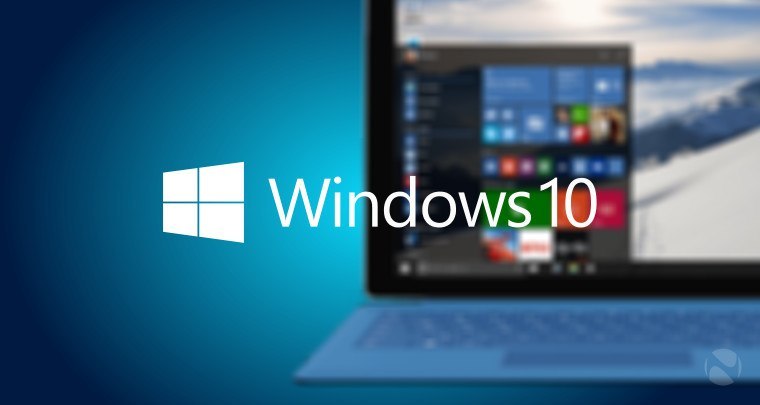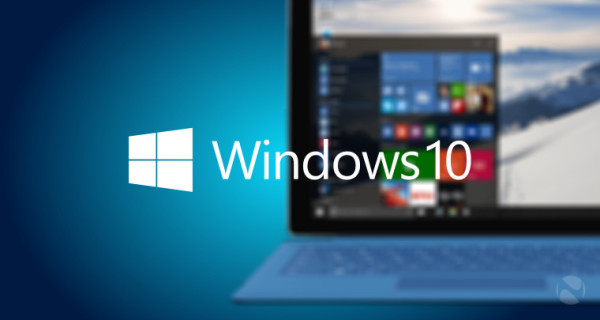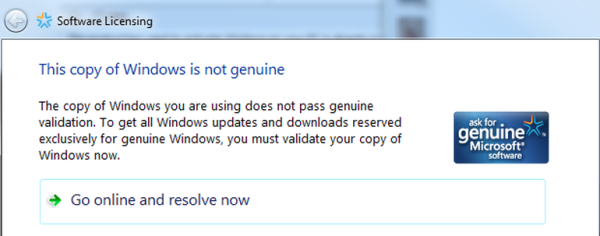
Will Windows make another big licensing mess with Windows 10 or have they finally learned their lesson?
Licensing software. That’s how Microsoft makes most of its money. Microsoft made its first big bucks when it licensed its version of BASIC to Altair. The same thing happened when it licensed PC-DOS to IBM but retained the rights to sell the operating system to other companies. Big mistake in IBM’s part, but all that is history. Microsoft is now the world’s largest software company which sells its software through retail and various licensing schemes. Its biggest money maker is its Windows operating system, with its various versions and editions is used in over 90 percent of desktops and laptops worldwide. Windows is sold through retail, through OEM partners and through limited to volume licenses to various companies.
The amount consumers and customers pay for licensed versions of Windows used to be ridiculously high, justified by free customer support, updates and possibly upgrades for the lifetime of the software which is often five to ten years. That high amount is cited as the main reason that Windows is also the world’s most pirated software. Many users can afford to forgo the free customer support and other benefits since most need only the base installation to make their computers run. Disconnected from the internet, a base Windows/Office installation works just fine. Properly cracked or installed using pirated volume license keys, pirated Windows versions have the same usability and updates as genuine Windows versions.
Windows 10 will soon be upon us which is a major version change skipping Windows 9 altogether. Along with this uncanny version skip, Microsoft also announced a major change in how it sells this new operating system. Announced last January, within one year of the new operating system’s release, users of Windows 7, Windows 8.1, including Windows Phone are entitled to a free upgrade to Windows 10 via Windows Update. What’s out of this world is the recent announcement that this free upgrade includes pirated versions of the software which Microsoft affectionately refers to as ‘non-genuine’.
For the first time, users won’t need to grumble about spending another fortune to be able to use a new version of Windows. They can upgrade their computers at night and wake up to a new version of Windows in the morning. These users include individuals and businesses running Windows 7 and 8.1, and all for free. Pirated copies will also be included in Microsoft’s grand plan for a Windows 10 hegemony that includes possible Skype and Office 365 subscriptions. If Windows 10 is internally similar to Windows 8.1 in terms of speed and stability, upgrading is not at all a bad idea.
Such an offer could also be a ploy to get people to purchase licensed copies of Windows 8.1 and even Windows 7 for their systems and finally leave Windows XP which Microsoft no longer considers part of the program. Offering something for free often makes people think twice and consider getting something even if they don’t really need it. Like customers spending five dollars more to make two hundred just so they could get that free umbrella at the counter. After leaving XP, users could play around with Windows 7 or Windows 8.1 for a year before deciding on that juicy free upgrade or decide to stay with what they purchased if they like it. Either way, Microsoft wins. They’ll be in that program which excludes Windows XP and will have to upgrade sooner or later to stay in that program.
However, there’s really no such thing as a free lunch. There’s often a catch, an asterisk, then a footnote and there’s that fine piece of text at the bottom only those with 20/20 vision can read and an IQ of 100 can understand. The word ‘free’ has such an ambiguous meaning which could lead to financial disaster unless properly clarified. Microsoft later clarified that not all versions of Windows 7 and 8.1 will be free; that Enterprise versions of Windows 7 and 8.1 will not be included and that upgraded non-genuine versions will remain non-genuine. So pirates don’t really get it free but they do get a free chance to go legit. Also, allowing pirated versions to be upgraded yet maintaining their non-genuine status seems fair enough. What’s a few bucks to be free of that itch called guilt and to be qualified for free support, not to mention being free from any lawsuits? Windows prices have been dropping anyway (upgrading to Windows 8 was offered at 14 dollars) unless that pirated version is an Enterprise edition. The Enterprise versions have been excluded since users could afford to purchase these expensive versions anyway and pay for paid upgrades. As for Windows RT, for all intents and purposes, it’s dead to Microsoft; a shame really because it could have been their ARM tablet platform.
Microsoft has clarified what versions are due for their free upgrades. As for OEMs, they will still have to pay their licenses of Windows 10 for new computers. And what about the stuff they already have? They can upgrade their Windows 7 and 8.1 inventory when Windows 10 comes out but what about their old licenses?
For the folks who buy into Microsoft’s program an upgrade, what happens when the one-year period is done? Since the upgrade will be done through Windows Update, will Microsoft be able to record the original Windows 7 or Windows 8.1 license and maintain eligibility should they need to reinstall Windows 10? If not, those who do upgrade may actually have to buy Windows 10 should their system crash or needs to be reformatted after the free period is done. If so, users of Windows XP will be inclined to purchase Windows 7 and anticipate the free upgrade and be eligible onwards. The plot thickens for the last remaining holdouts. Microsoft will have to further clarify what happens next to really entice everyone to do an upgrade and be part of Microsoft’s new world.
As for retail, after the free period, will Microsoft start selling Windows 10 as various editions with different licensing schemes like before? To the ordinary consumer and even to businesses, licensing can be confusing. Forums abound with questions about the limits of use of OEM and retail copies whether they can be reused or transferred and even the limitations of the editions they use. Microsoft now has a chance to revolutionize how they license Windows the way they now sell Skype services and Office 365. In Microsoft’s planned hegemony, it would be great to have just one edition running on all desktops, laptops and hybrids, limited only by the specs of the devices. With Windows 10 set to run on a wide variety of devices, it makes sense to be simple. Just a suggestion, Windows 10 for 10 bucks a pop whether it be a retail copy or an upgrade whatever device it is. It will be a lot simpler for partners, customers, consumers and even pirates.



